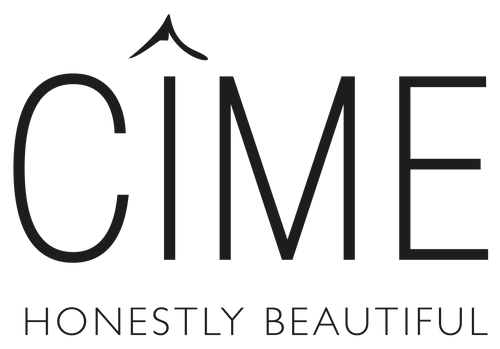With CÎME, we create organic and fair-trade skincare products based on superfoods from the Himalayas. This November, we travelled to Nepal with our friend and photographer Nena from Studio Nunu to visit our projects. In 4 blog posts, we tell you all about our trip.
Part 2: About washing your hair with soap nuts | How we want to contribute to women empowerment in Nepal
The idea behind our brand is to develop skincare products where local traditional knowledge from the Himalaya mountains and modern science collaborate and strengthen one another. You would be surprised by how much useful traditional knowledge there is to acquire in Nepal.
We are used to wash our skin and hair with soap and shampoo based on sulphates. The problem with sulphates is that they damage the natural protective layer of your hair which causes your skin to become dry and your hair dull. In addition, the sulphates that flushe with shower water are harmful for the environment.
In Nepal they have a completely natural alternative to wash their skin and hair without sulphates, namely soapberries. The shell around the soapberries have foaming and cleansing properties without drying out your hair and skin and without harmfully impacting the environment. And the fun part is: soapberries simply grow on trees in the lowlands of Nepal.
That’s why we have decided to develop a ‘Nuts about you’ hand & body wash and shampoo, based on soapberries. During our trip we visited the teams who contributed to the process.
First and foremost, the soapberries need to be harvested. This happens via Community Foresting projects. These are projects wherein parts of a nature reserve are given to local communities. The idea of community foresting is that the members of the community foresee that the nature doesn’t suffer from the agricultural projects. All the members of the community have to take care of the maintenance (definitely not cutting down the trees) and are allowed to pluck soapberries in their respective areas. The harvest belongs to the fairest picker, in exchange for a small commission per kilo. Social projects are financed with this money, like the improvement of education in local schools. The organisation of these projects lies to the community itself, that chooses the members of the board among their members.
We work together with Rabindra, who runs a Nepalese plant extract factory with his daughter in law Supriya. They also give free training to the farmer families in hills outside of Nepalgunj about enhanced harvesting techniques, emancipation and community foresting.
Once the soapberries are picked, the shells need to be removed. For this Rabindra and Supriya predominantly work with women. Rabindra: ‘I truly believe in women empowerment and that women are the future. 90% of our employees are female and we guarantee a fair salary for men and women. In general, for this job women are more precisely then men.’
We also tried it ourselves, but it seems that we are not that good in removing the shells J.
Afterwards the shells are reworked to an extract. We could also do this in our own lab, but we prefer to give this opportunity to the inhabitants of Nepal to create more employment and to reduce our ecological footprint. This is also partially done by women, who also receive a fair salary.
Curious to discover the feeling of washing your hair and skin with our Himalayan soapberries?
Our ‘Nuts about you’ hand & body wash and shampoo will be launched by the end of 2019.
Love,
Anke and Isabel
Pictures and video’s by Studio Nunu.
___
Did you enjoy reading this blog post? Check out our other blog posts about our Nepal trip:
- Part 1 here: From laywers to the Himalayas | about our carreer move and the role of Nepal in this story
- Part 3 here: How children become little doctors | How we want to contribute to the education of children in the north of Nepal
- Part 4 here: Why we have fallen in love with Nepal and its population



Back to Blog